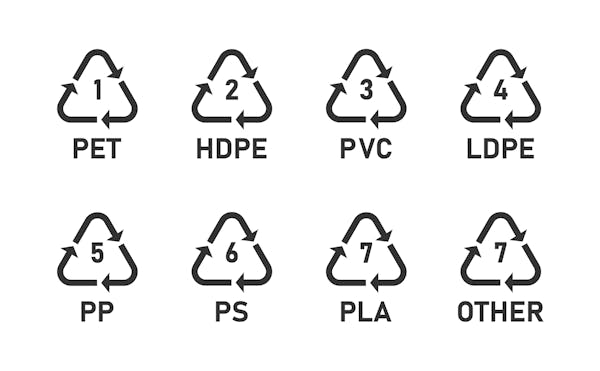Community, Leadership, Experimentation, Diversity, & Education
Pittsburgh Arts, Regional Theatre, New Work, Producing, Copyright, Labor Unions,
New Products, Coping Skills, J-O-Bs...
Theatre industry news, University & School of Drama Announcements, plus occasional course support for
Carnegie Mellon School of Drama Faculty, Staff, Students, and Alumni.
CMU School of Drama
Tuesday, January 18, 2022
What is wishcycling? Two waste experts explain
theconversation.com: Wishcycling is putting something in the recycling bin and hoping it will be recycled, even if there is little evidence to confirm this assumption.
Hope is central to wishcycling. People may not be sure the system works, but they choose to believe that if they recycle an object, it will become a new product rather than being buried in a landfill, burned or dumped.
Subscribe to:
Post Comments (Atom)

5 comments:
This article is an article in regards to a problem that I haven’t seen much discussion about. I learned about this problem a few years back on a video about how most recycled plastic bottles don’t actually get recycled and end up in the landfill because they are considered too dirty to be recycled. That information really shocked me when I first heard it because I was under the assumption that all recycled stuff gets recycled, but it was shocking to learn that most of it actually just ends up in the landfill. Which hasn’t really changed the way I recycle, to be honest, however it did make me question recycling efforts in the places that I were at, especially ones that promised all these extravagant recycling efforts. I wonder if there is a way to implement better recycling systems in America because I know other countries have done it, and that it is possible, but on the other hand, I feel like in order to do that we need to change the overall culture of individualism in this nation in order for that to be possible.
I appreciated the graphic in this article showing what can’t be recycled. I’ve seen people in the past trying to recycle receipts, paper towels, and greasy pizza boxes, making it harder to recycle the truly reusable materials. I worked on a research paper about recycling plastic, and very little of what we put in our recycling bins actually gets recycled, even if it is usable, because of the sheer volume of waste. It often ends up getting dumped in bodies of water or in landfills in areas like Southeast Asia, where it contaminates the soil and water and harms the environment. Some companies will take the recycling and melt it down in unsafe ways, exposing workers to toxic fumes and chemicals. Although the main drivers of this issue are not individuals, the best way to help this problem at an individual level is to avoid single use plastics in the first place, although sometimes it is unavoidable.
This article really reminded me of my gripes with the ideas of recycling and how our country has set up the system. Within my high school we would be encouraged to recycle anything that could be recycled however when the recycling would be picked up it would get mixed with the trash and not be recycled due to the infrastructure set up in our county. Our country makes recycling a county or state issue rather than a federal issue and puts the onus of being sustainable on the consumer rather than companies. This article points out the different types of recycling and all the separation that needs to happen and the symbols put on products to ensure said separation however those symbols tend to be hidden on these products. The focus is also being put on recycling rather than trying to reduce our waste in general. I think we need a cultural shift to reducing over all waste rather than just recycling better.
As someone who is avid about improving earth’s environment, I found this article to be informative on why we have created this idea of “wish cycling”. As a college student, every day I see people either recycle something because they think it is recyclable or simply don’t recycle because they are in a rush, etc.. Although paper is recyclable, one reason I stopped printing scripts in my high school was because there wasn’t a reliable recycling option that I knew my team would use. As a stage manager, I go through a lot of scripts, so the moment I realized the impact I could make by stopping printing scripts, I began using a tablet instead. This concept is also used in other ways in the theatre industry. For example, at Carnegie Mellon University, we try our best to use sustainable materials, however, as stated in this article, there are some materials that can be hazardous when recycled, and in this industry, we often use paints and resins that fall into that category.
One of the more depressing points in this article is right at the end where the article mentions that the biggest drivers of our waste crisis are global. Unfortunately, it's true that so many people are raised with this mentality of excess in our country. Objects are seen as cheap and replaceable. I'm happy to see more sustainable options available for certain products but these products are almost all more expensive than their alternative and serve mostly as a comfort to the rich that they're doing their part.
A major issue I see is that it only takes one person along the line of disposal to not really care about the issue for the whole thing to be ruined. You see it all the time on campus where someone has food waste that is clearly not fit for recycling yet they still go to recycle it. It's a weird case of doing something to clear your conscience that has a net negative impact.
Post a Comment